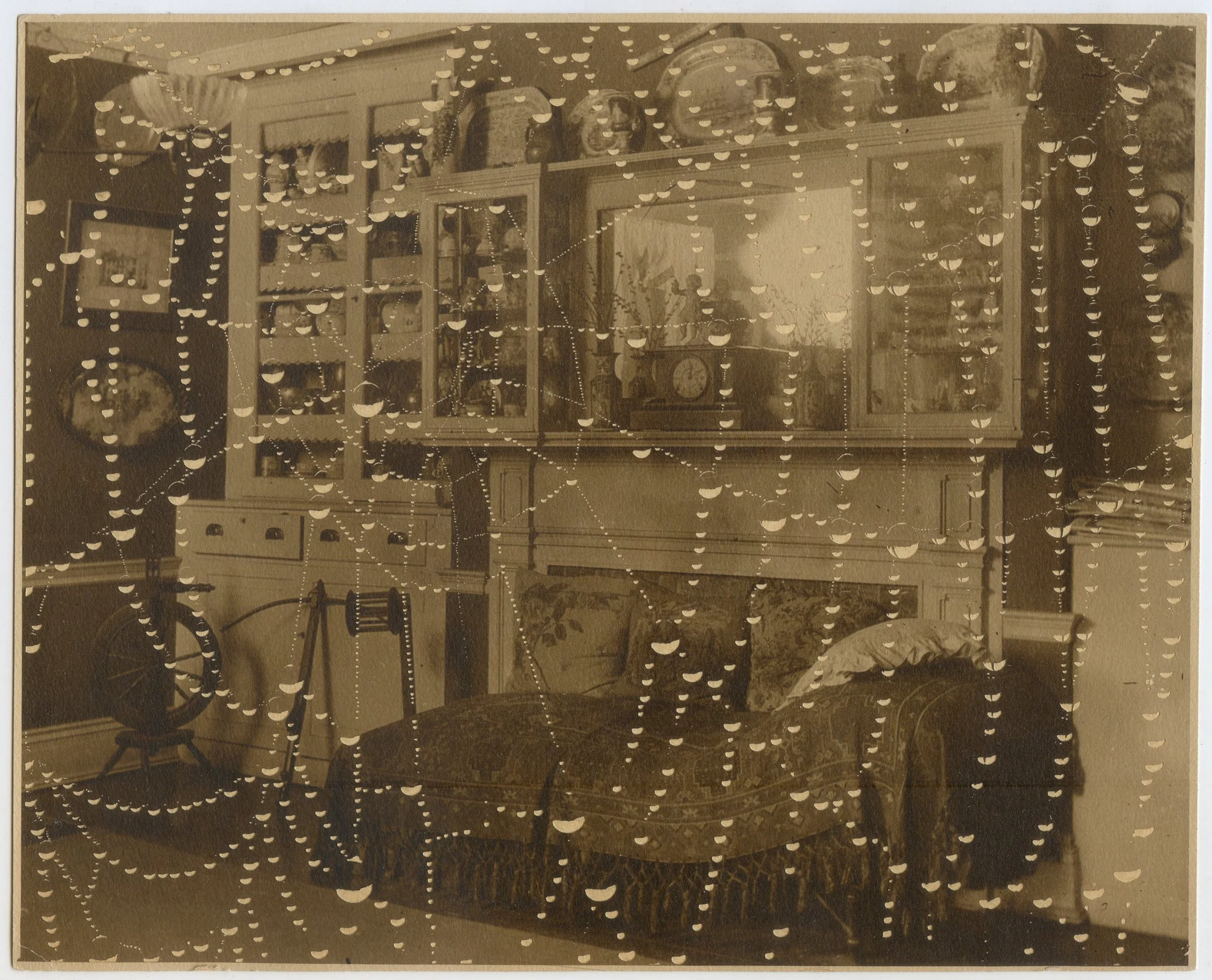Blast Fishing for Beginners
By Napoleon Arcilla
Every Fisherman’s Wife Guts the Tuna Belly Perfectly
A wife perfectly cuts
one-kilo, one-kilo, one-
kilo tuna slices off the books
of tuna bellies. An instant
market wonder spread fast
by razor-winged flies, feeding
on rancid fish gills and marrow-
free bones. Must be her pulsating
rhythm each time she chops
the time-cleaved cutting
board where the poor fish meets
its quick surgical ending.
A precise measurement
of calmness and calmness
short of two-hour patience
for her husband who
walked home late.
A metric for sharpness with patina.
Every night, every fisherman
in the village
dreams of hanged penises
by their windows
by the bedside, facing where
turbulent winds come from.
Blast Fishing for Beginners
Prepare the essentials: the lighter, the bombs, and your desire. These are your tools in hunting skipjacks and marlins.
Always carry the tickets for safe passage: rosary beads bought at one-fifty, a spare rudder, a bottle of cheap gin as morphine, and a soft porn magazine.
Steer clear from bigger ships. They are big enough to catch your boat and split it into two.
Let the blasting cap’s tongue hang loose like the umbilical cord of a newborn child. It will keep the distance between you and you with a broken ribcage and pride.
Throw the glycerine- and sawdust-filled cough syrup bottles like it’s your life’s trajectory. Throw to outgrow your jitters. Throw from the angle where old folks say sadong kuspa sana an rayo nyo sa impyerno.
Wash your hands often with saltwater. Let the sea cure your unbathed body. Take time to recover from guilt and the smell of burnt gunpowder before your next throw. Breathe through your mouth and filter everything with your teeth.
Put in mind that a good catch is at arms’ length; a good swing is imperative for your safety.
Repeat Nos. 4, 5, 6, and 7, but delete ‘guilt and’.
Loosen all hells with what’s left of your bombs. Silence your mercy by choking the rusty engine’s exhaust pipe.
Taste the acrid spatter of the broken fuel valve. It tastes like regurgitation and hyperacidity during no-catch days.
Lose a limb or two or five of your fingers. Everything else is a labor and we are weighed by the scales.
Listen to the cackling of the white rooster as told by the sailors who survived this hell-bent side of the sea.
If the white storm comes and turns you blind, tie your body with a nylon noose to the boat’s hull. Sense everything with your calloused hands.
Float. Scream, if necessary.
Sea Snakes Coiling as an Early Storm Warning
In Catanduanes, sea snakes coil up to warn villages
that a storm is coming. A piece of news we thrust
down our throats. By which it means that everyone
should burden their houses with logs and huge
banana trunks. Soon, people will move their boats to the highest
point of the land, away from the coast. By which it means,
we are coming home early to save what can be saved.
By which it means: this is an episode of rush and hush.
Every storm starts from wild heat, my father would say.
The hotter the temperature before the typhoon is,
the stronger our shelter shall be. A safekeeping of birth
and marriage records and food is imperative. By which
it means we should keep enough kilos of rice and smoked
fish and canned sardines and water and water and water.
By which it means, if this were a pre-apocalyptic phase,
God speaks through the snakes, scaling the dangers
of what’s to arrive. Departures are heavy, and so is what’s
about to come. Everything is written in increments
of great revelations.
Napoleon Arcilla is a writer and educator based in Catanduanes, Philippines. His work often champions seascapes and islands, exploring their mythos, ecology, and folk knowledge systems. His debut short story collection, Maqueda: mga usipon mula lawod hanggang baybayon (Isang Balangay Productions, 2020) won the 22nd Madrigal-Gonzales First Book Award of the University of the Philippines-Institute of Creative Writing.



“Like the man who wears a vest saying negotiator in a hostage situation, I want one that says prioritizer.” Three poems by Satya Dash.